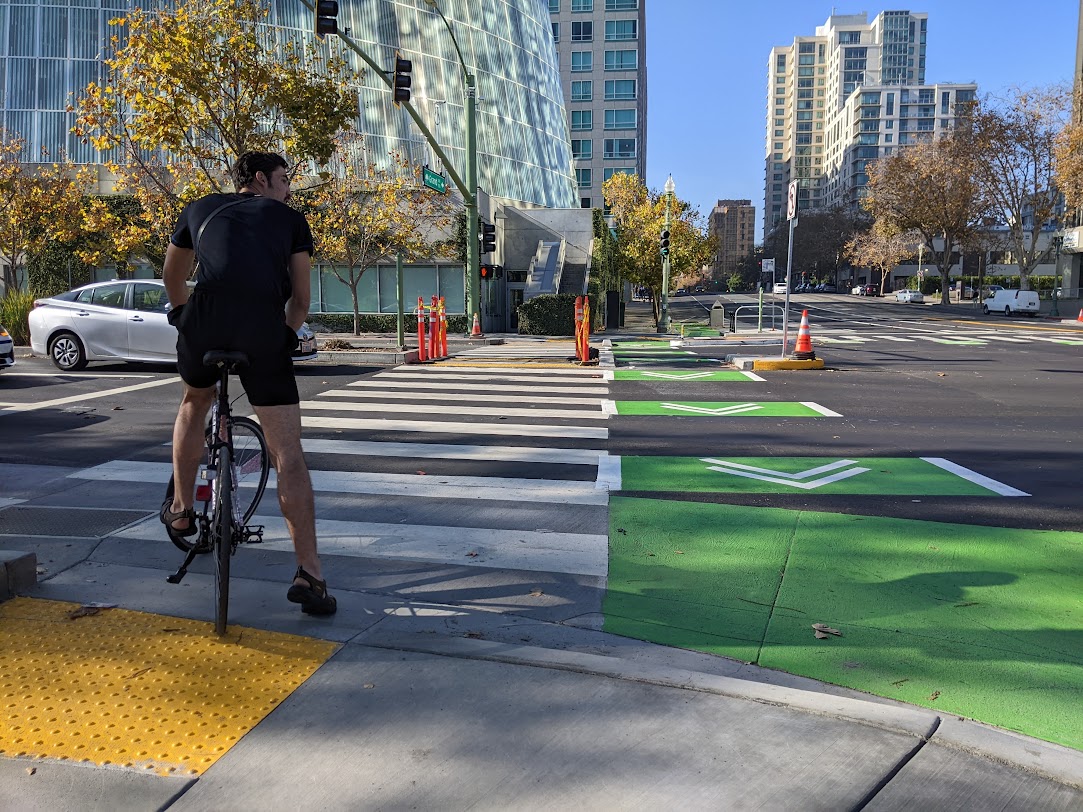As of the end of February, nearly $5.4 billion of transit stimulus
money, or 74 percent, was under contract for projects in the 50 states
and D.C., according to a Streetsblog Capitol Hill analysis of data
released today by the House transportation committee.
 (Photo: DMI Blog)
(Photo: DMI Blog)The success rate of transit stimulus spending was slightly topped
by that of road projects funded by the economic recovery law. About
$20.3 billion of highway stimulus funding, or 77 percent, was under
contract in the 50 states and D.C.
Today's data release breaks down transportation stimulus spending
by state, allowing a closer look at which areas are making more progress
on getting road projects out to bid than transit, and vice versa.
For instance, Georgia -- where Atlanta's MARTA transit system, the
ninth-largest in the nation, is
confronting a deficit that could force massive service cuts -- has
put less than one-half of its $127 million in transit stimulus funding
under contract. Georgia has moved nearly 90 percent of its highway
stimulus money into the contracting stage.
California, by contrast, has put 69 percent of its $860 million in
transit stimulus funds under contract. Of its $2.5 billion highway
stimulus allocation, 59 percent was associated with signed contracts
last month.
Not all of the road stimulus funding sent to states was restricted
entirely to highway projects. States were permitted in some cases to
"flex" money from their road pots to transit, and 10 percent of highway
formula allocations is historically set aside for bicycling, pedestrian,
and safety work under the Transportation
Enhancements program.
Nonetheless, today's House report
continues a trend that
emerged during the committee's early stimulus hearings: concerns
that transit projects would not be as "shovel-ready" as roads, aired by
some in
the Obama administration during the stimulus debate, have proven
unfounded.




